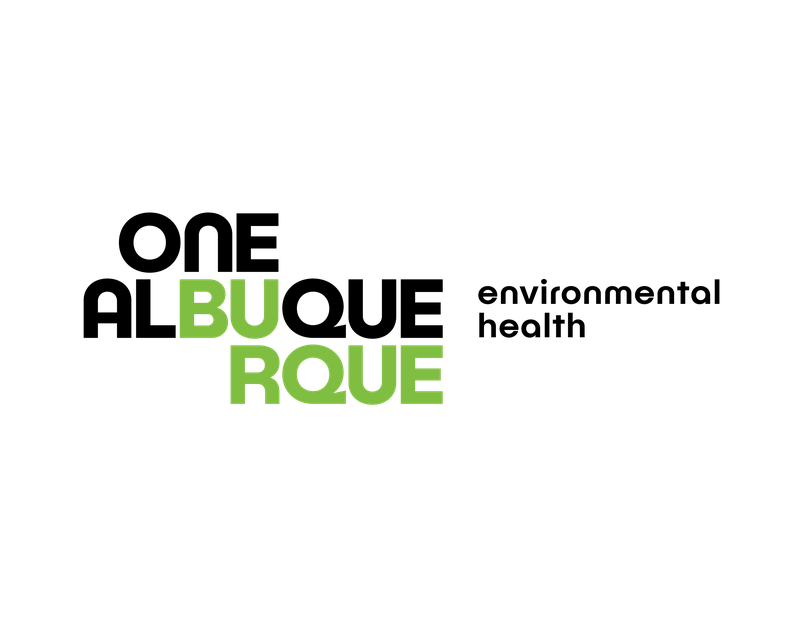
Albuquerque Seeks Volunteers to Map Urban Heat Island Inequities
Volunteer ‘Street Scientists’ to collect data across the city in July on one of the hottest days of the year
The City of Albuquerque, in partnership with the National Integrated Heat Health Information System (NIHHIS), seeks community members to participate in collecting data as part of a regional effort to map where people are most at risk during extreme heat waves. Using specially designed thermal sensors, these 'street scientists' will drive prescribed routes to record ambient temperatures and humidity, three times during the day on a day in July. With more detail than satellite data alone could provide, new local maps will help the City identify where it can act to protect vulnerable neighborhoods from extreme heat risk now and in the future.
Using heat sensors mounted on their own cars or bikes, community volunteers will traverse their neighborhoods morning, afternoon, and evening on one of the hottest days of the year. The sensors will record temperature, humidity, time, and the volunteers’ location every second. By working with communities, the project will raise awareness among volunteers and residents about heat risk, incorporate local perspectives to produce heat maps, and engage communities in pursuing solutions.
“We heard our residents in the Climate Action planning process and know that urban heat is a real threat,” said Mayor Tim Keller. “This data will serve as a guiding light to address heat inequities in our most vulnerable neighborhoods.”
Volunteers are needed for data collection on a day when the expected daily high temperature is within the top 10% of annual averages. The City is projecting July 9th for the campaign date, but should be considered tentative in case of rainfall or other non-ideal weather conditions. Volunteers will need to attend a 45-minute training session and total volunteer time is estimated at most 5 hours. Volunteers can learn more information and sign up at: https://bit.ly/3zvjPVJ
This project builds on the Keller administration’s substantial work to date on sustainability, including:
- Won a $2.7 million federal grant to bring the first electric buses to Albuquerque,
- Signed the Paris Agreement, after President Trump pulled out, committing the city to climate action,
- Installed 38 solar projects at city-owned buildings,
- Launched the Green Team to expand sustainability across departments,
- Launched the Mayor’s Energy Challenge to support local businesses reduce energy use,
- Won Bloomberg American Cities Climate Challenge with funding for sustainability efforts,
- Made the transition to more sustainable LED street lights citywide,
- Provided over 200 homes with free energy audits and upgrades in partnership with PNM, Partnership for Community Action and Prosperity Works,
- Partnered with PNM to launch the Solar Direct project to get to achieve over 80% renewable energy use by Fall 2021,
- Purchased the first electric vehicles for the City fleet, and enacted a “Zero Emissions First” fleet vehicle adoption policy,
- Achieved LEED for Cities Silver certification,
- Ranked 40th on the 2020 City Clean Energy Scorecard—and 5th most improved—by the American Council for an Energy-Efficient Economy (ACEEE),
- Invested $300,000 in VW settlement funding to add 18 electric charging stations in Albuquerque by Summer 2021, and
- Launched the 2021 Climate Action Plan.
